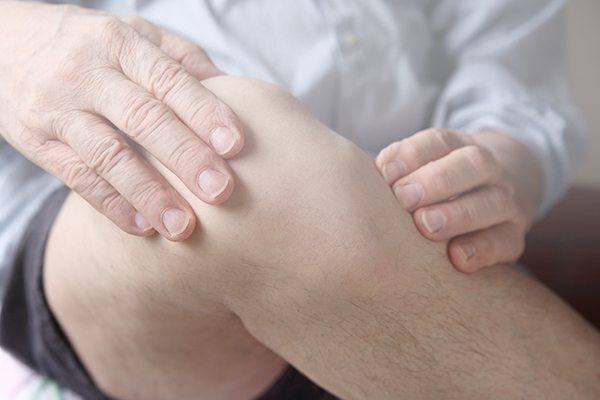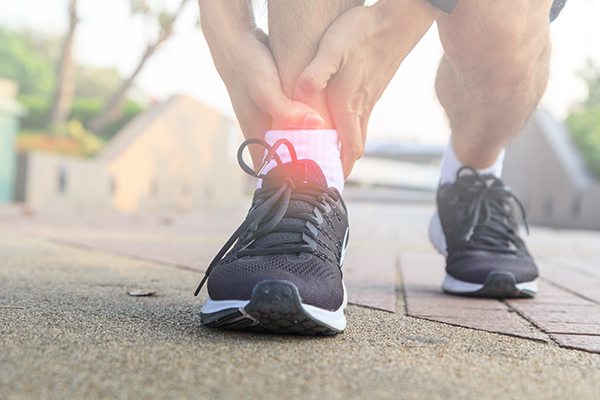Due to its ability to provide fast, inexpensive and accurate results, the musculoskeletal ultrasound has become the imaging test of choice for physicians treating high-performance athletes and nonathletes. Having the ability to quickly and easily determine the severity, and the progression of an injury makes the musculoskeletal ultrasound essential for determining when an athlete can resume play or if an individual can return to everyday activities.





